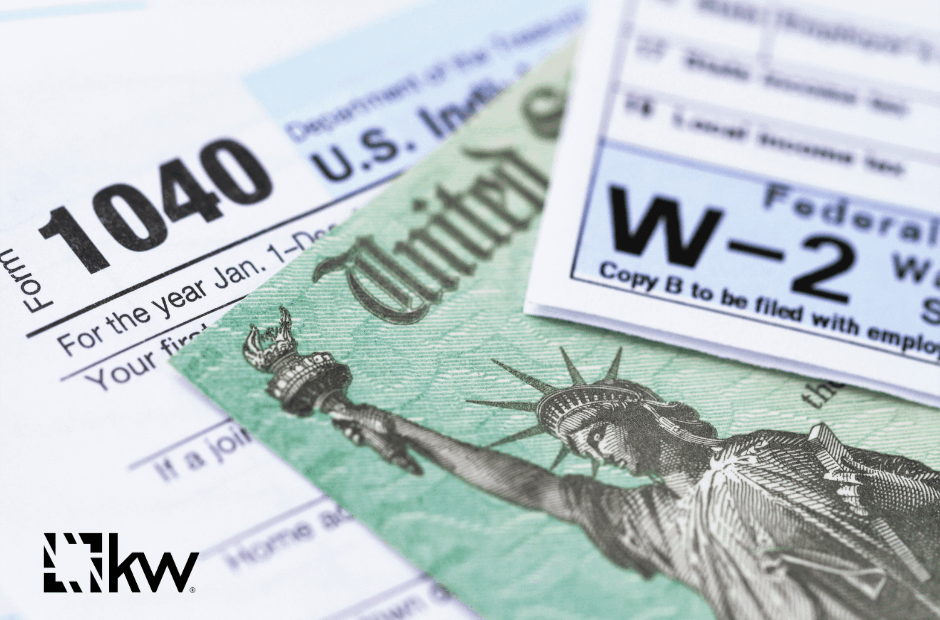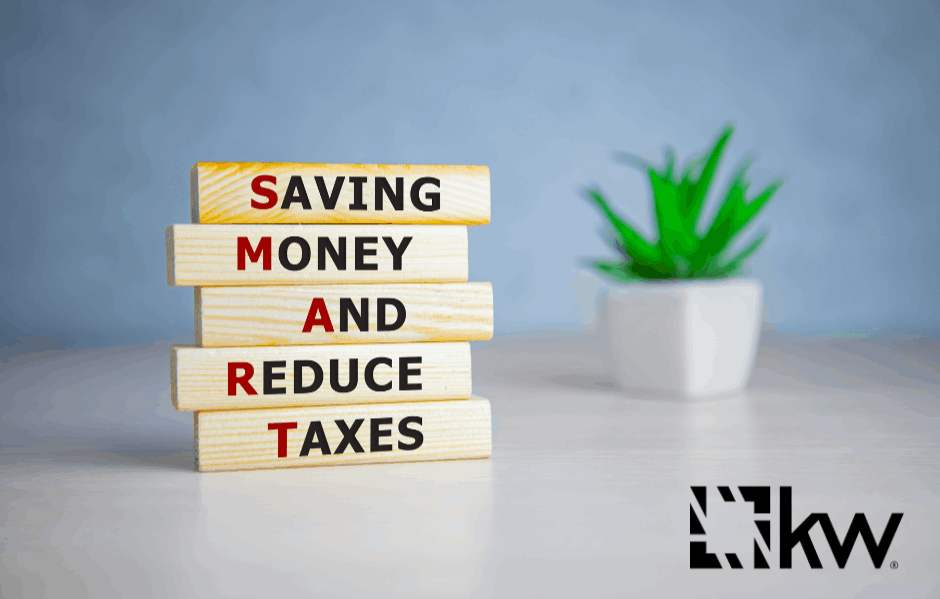Introduction to Taxes: What Teens and Young Adults Need to Know
Introduction to Taxes: What Teens and Young Adults Need to Know

Taxes are one of the few certainties in life, yet they’re rarely discussed or taught in schools. For teens and young adults entering the workforce or starting their own side hustles, understanding taxes can feel overwhelming—but it doesn’t have to be. If I’d been introduced to the basics of taxes earlier, it would have made managing my finances so much easier.
Let’s simplify the process by breaking down what taxes are, how they work, and what you need to know as you start earning money.
What Are Taxes, and Why Do We Pay Them?
Taxes are payments made to the government to fund public services like schools, roads, and healthcare. They come in many forms, including:
- Income Tax: Based on the money you earn from a job or business.
- Sales Tax: Added to the cost of goods and services you purchase.
- Property Tax: Paid by property owners based on the value of their property.
For most teens and young adults, income tax will be the first type of tax you encounter, and understanding it is key to managing your finances.
How Taxes Work
-
Withholding From Your Paycheck
When you start a job, your employer will withhold a portion of your paycheck for taxes. This money goes directly to the government. You’ll notice deductions for:- Federal income tax.
- State income tax (if applicable).
- Social Security and Medicare (FICA).
-
Filing a Tax Return
At the end of each year, you’ll need to file a tax return to report your income and ensure you paid the correct amount of taxes. This might sound intimidating, but it’s straightforward with the right tools or guidance. -
Tax Refunds and Payments
If too much money was withheld from your paycheck, you’ll receive a refund after filing your tax return. If too little was withheld, you’ll need to pay the difference.
What You Need to Know as a First-Time Taxpayer 
-
Understand Your Tax Forms
- W-4 Form: When you start a job, you’ll fill out a W-4 to tell your employer how much tax to withhold.
- W-2 Form: At the end of the year, your employer will send you a W-2 summarizing your earnings and taxes withheld. You’ll use this to file your taxes.
- 1099 Form: If you’re freelancing or earning money from gigs, you’ll receive a 1099 form instead of a W-2.
-
Keep Track of Earnings
Whether you’re working a traditional job, running a side hustle, or freelancing, keeping accurate records of your income and expenses is essential. This will make filing your taxes much easier. -
Know About Tax Deductions and Credits
Deductions and credits can reduce the amount of taxes you owe. Common examples for young taxpayers include:- Education credits (like the American Opportunity Tax Credit).
- Deductions for job-related expenses or student loan interest.
-
Free Filing Options
Many first-time filers are eligible for free tax-filing services. The IRS offers a Free File program, and tools like TurboTax or H&R Block often provide free options for simple returns. -
Don’t Miss Deadlines
Taxes are typically due on April 15th each year. Missing the deadline can lead to penalties, so mark your calendar and file on time!
Why Schools Should Teach Taxes
Despite their importance, taxes are rarely discussed in school curriculums. This leaves many young adults unprepared to handle their first job, freelance income, or side hustle earnings. Understanding taxes early would empower young people to:
- Avoid common mistakes, like underpaying taxes or missing deductions.
- Feel confident about their financial responsibilities.
- Save money by taking advantage of credits and deductions.
Instead, many learn about taxes the hard way—through confusion, mistakes, and stress.
Take Action Today
If you’re new to the world of taxes, don’t worry—it’s a learning process for everyone. Start by reviewing your paystub and understanding the deductions. When tax season comes around, gather your W-2 or 1099 forms, and explore free filing options to submit your return.
The earlier you start understanding taxes, the more prepared you’ll be to navigate them with ease.
Have questions about filing your taxes for the first time? Reach out—I’m here to help you feel confident and informed as you tackle this important step in your financial journey!
Categories
- All Blogs (499)
- For Sale By Owner (15)
- Local Events (7)
- 1031 Exchange PNW (1)
- Affordability (34)
- Agent Value (90)
- Buying Tips (202)
- Clark County Housing (4)
- Closing Costs (1)
- Community Support (2)
- Debt-Free Living, (1)
- Design (8)
- Downsize (8)
- Downsizing Vancouver WA (1)
- Economy (25)
- Equity (25)
- Expired Listings (1)
- Featured (1)
- Financial Planning (33)
- First-Time Home Buyer (149)
- For Investors (1)
- For Sale by Owner (4)
- Forecasts (16)
- Foreclosures (4)
- Foster Care Resrources (1)
- Fun Tips (5)
- Giving Back (1)
- Home Buying (255)
- Home Inspections (1)
- Home Prep & Staging (2)
- Home Prices (68)
- Home Selling (186)
- Home Staging PNW (1)
- Home Value (2)
- Housing Market Confidence (1)
- Independent Living PNW (1)
- Inventory (38)
- Lifestyle Move PNW (2)
- Listing Strategy (1)
- Local (25)
- Local Non-Profits (1)
- Luxury / Vacation (1)
- Market Update (39)
- Mortgage (57)
- Move-Up (4)
- Moving for Job Relocation (1)
- Negotiation Strategy (1)
- New Construction (9)
- Newsletter (10)
- Open House (1)
- Portland Downsizing (2)
- Portland OR (7)
- Portland OR Affordability (4)
- Portland OR Home Buying (4)
- Portland OR Homes (9)
- Portland OR Real Estate (23)
- Portland OR Seller Tips (2)
- Portland Real Estate FAQs (1)
- Portland Recession Risk (1)
- Portland-Vancouver Home Value (5)
- Portland-Vancouver Inventory (4)
- Price It Right Portland (2)
- Real Estate Investing (7)
- Real Estate Tax Strategy (1)
- Rent vs Buy (9)
- Restaurant Reviews (5)
- Retirement Planning (2)
- Seasonal (11)
- Selling Rental Property (2)
- selling tips (131)
- Technology (1)
- Teens & Young Adults (11)
- Trends (15)
- Vancouver WA (7)
- Vancouver WA Affordability (5)
- Vancouver WA Home Buying (8)
- Vancouver WA Home Value (2)
- Vancouver WA Real Estate (32)
- Vancouver WA Selling Tips (5)
- Wealth Building (13)
Recent Posts











